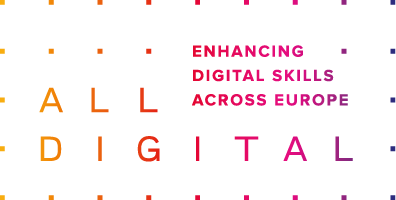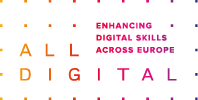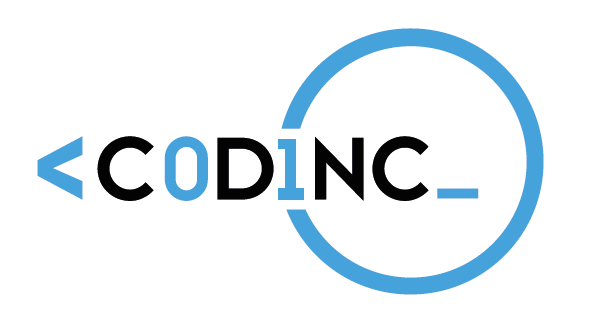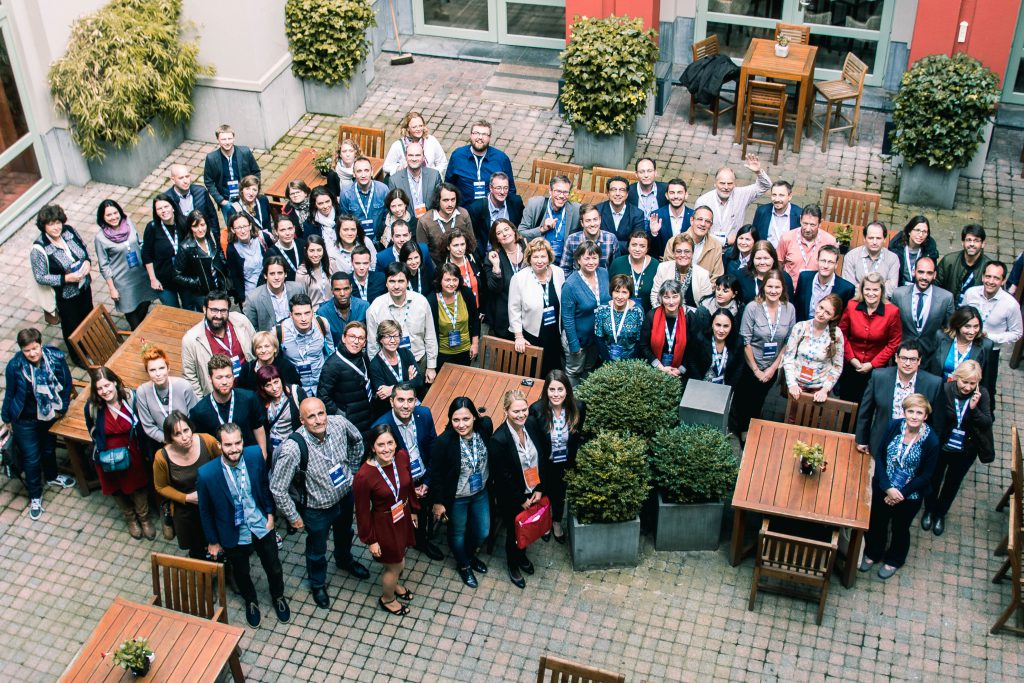12 May The Kodu Kup competition calls for changes in the European curriculum
12 May, 2014
By Ilona Griniute

The first panel discussion: Jan Van Looy, Alexandre Riedl, Marc Meurisse, Jürgen Bänsch and a moderator Alexa Joyce
The first European coding competition for pupils was officially launched on 29th April at Microsoft’s Innovation Center in Brussels. A collaborative initiative by European Schoolnet and Microsoft aims at challenging kids aged 6-16 to develop their own games using Kodu Game Lab tools while at the same time encouraging teachers to integrate coding and computing across the curriculum.
Coding is a critical digital skill
Experts from both public and private sectors exchanged their opinions on the importance of teaching digital skills at an early age during the event launch in Brussels. Alexandre Riedl, Deputy Head of Unit of the Directorate General CONNECT of the European Commission, opened the discussion naming three reasons why digital skills are so critical: it’s the shift of our lifestyle (“Everyone uses technologies”), the conditions for employability, and the possibility for everyone to participate in democratic society. “Education systems in Europe are slow and need to be restructured. It is important to educate our students for jobs that don’t even exist yet,” he said. Jürgen Bänsch, EU Public Affairs Manager at the Interactive Software Federation of Europe (ISFE), said that computing games can help to develop and integrate digital skills in the curriculum and also reduce early school leaves.
Misconception of video games as a job sector
The Managing Director of the Belgian game company Belle Productions Marc Meurisse pointed out that there is a negative perception about coding and video games as a job sector. Positioning video games industry as an artistic industry could break the stereotypes in society. Yet, because there aren’t enough professional graduates, Belle Productions tries to engage their current employees in computing based on their interests and not their curriculum. M. Meurisse believes that video games foster skill acquisition, not knowledge and this should be taken into account by schools and teachers to understand the benefits of coding.
Games adapt to the skills of a learner

Pupils played video games after the launch of Kodu Kup at Microsoft Innovation Center in Brussels
A number of studies have been carried out to measure learning outcomes when using games. They reveal increased motivation, better systematic learning, a positive attitude and new skill acquisition. “Our research with Monkey Tales Games showed that pupils with game learning got better results and have learnt more in that month,” said Jan Van Looy, Assistant Professor at Universiteit Gent & member of iMinds. “In addition, nerdy kids have become more popular in class.” Teachers who have used games in their classes report positive results in problem-solving as well. In addition, games adapt to the skills of a learner which isn’t possible with standard paper tasks. Yet, some obstacles prevent to integrate coding into the curriculum such as a lack of legal games available, a lack of knowledge from teachers and a lack of infrastructure (shortage of media devices in European schools).
Teachers‘ perspective: it’s time for cross-curriculum
80% of ICT teachers feel they don’t have the right knowledge to teach. Hence, there is an obvious problem how to engage teachers in taking up coding and video games in their subjects. However, Kodu experts from Portugal, Norway and UK agree that teachers shouldn’t be afraid to learn together with kids and let kids figure out some things themselves. The key point is to adapt the curriculum to the current needs and introduce cross-curriculum activities (doing many things from different subjects at the same time with the help of video games). Finally, teachers shouldn’t forget parents: one UK school organizes a morning session for parents to bring them on board in using latest technologies and coding.









